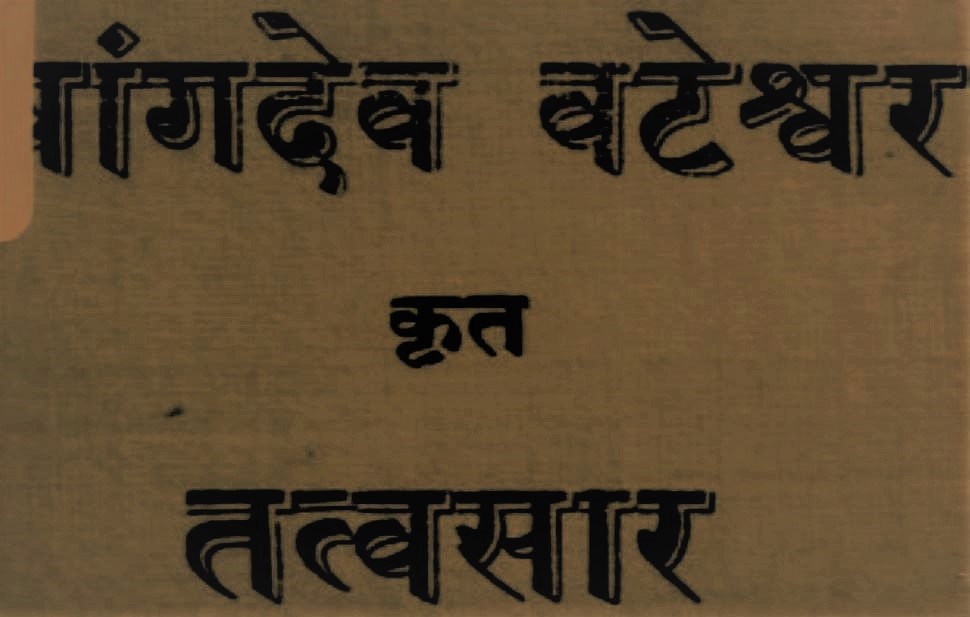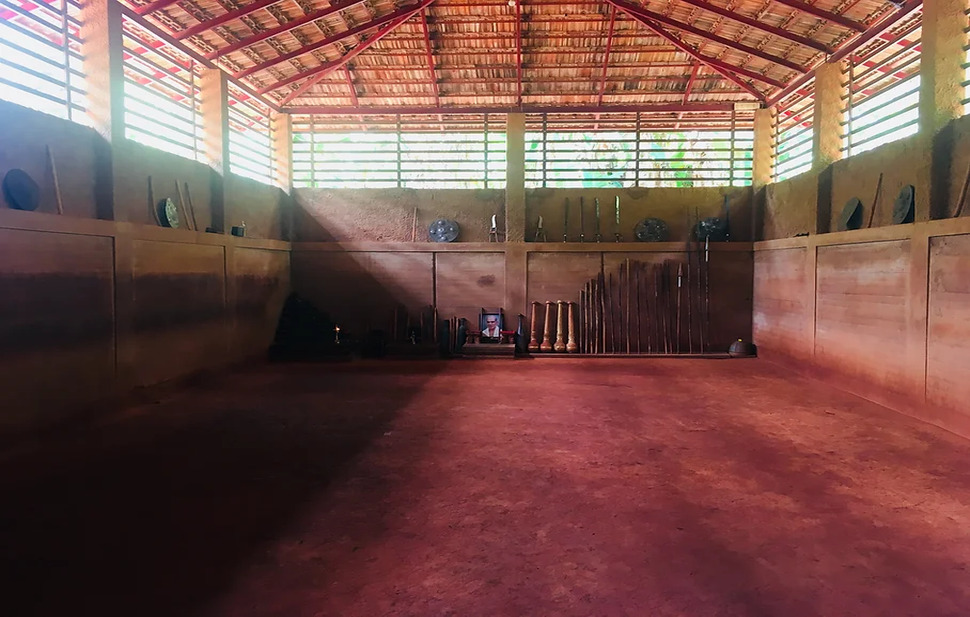Commissioned English translation of the 13th-century Natha and Siddha texts
Tattva Team – December 22

The 13th century Maharashtra was a place of immense religious ferment–this was the time when the Varkari Bhakti tradition was born, the Krishnaite Mahanubhav sect was formed, and the Natha and Siddha lineage began to blossom. While the Varkari and Mahanubhav traditions have received academic attention, the Natha and Siddha traditions of Maharashtra seem to have remained largely unexplored. There has been a recent effort to remedy this situation, especially with the upcoming publication of Vijay Sarde’s archaeological exploration of the Natha tradition in Western India.
There are multiple 13th-14th century Marathi texts of the Natha and Siddha lineage. Some of the most prominent are Tattvasara, a Siddha text attributed to Changdev; Shatasthala a short text of Maharashtrian Siddha tradition; Damodar Pandit’s Chaupadiya, a short poem critiquing the Natha traditions from the perspective of the Mahanubhavs, and lastly Vivekadarpan, a cryptic Natha text and probably the earliest text of yoga in non-Sanskrit. These texts are very important to understand the evolution of yogic philosophy and Siddha religious movements from some of their earliest textual sources.
The translation for the texts Damodar Pandit’s Chaupadiya, Shatasthala, Tattvasara and Vivekadarpan will be undertaken by Dr. Madhavi Kolhatkar, formerly a research associate at Deccan College, Pune with decades of experience in research on Vedic traditions, Indian religions and Sanskrit literature. The distinguished scholars has multiple books and research papers to her credit during her long careers in the academia. We look forward to publishing these translations in the near future.


